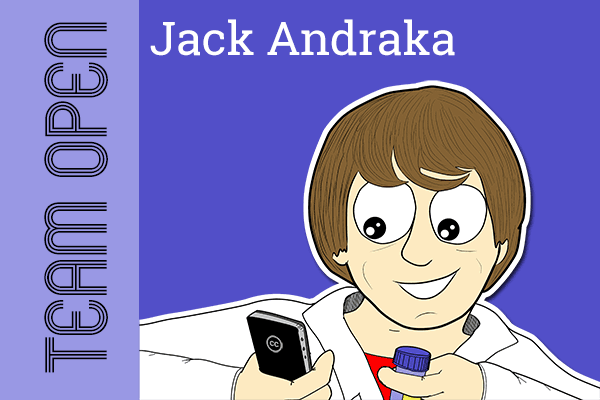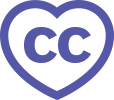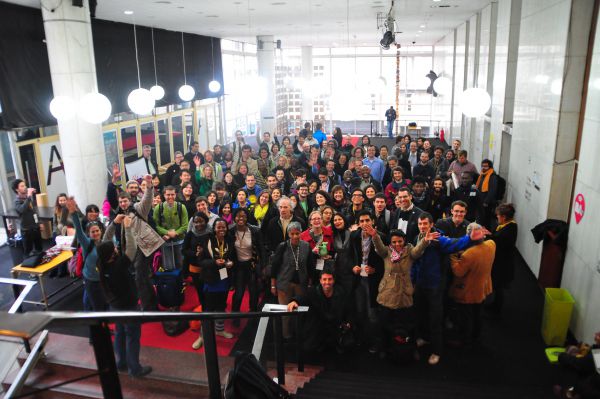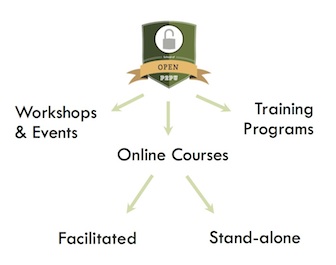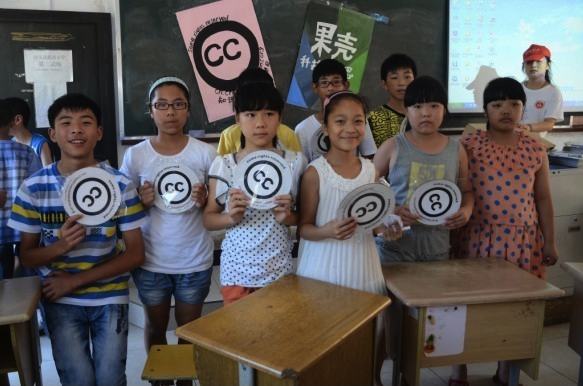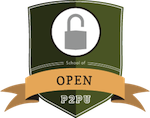Plaintext versions of Creative Commons 4.0 licenses
mercredi 8 janvier 2014 à 01:25We are continuing our practice of providing official plaintext versions of the licenses, as we did with version 3.0.
- BY 4.0 (plaintext)
- BY-SA 4.0 (plaintext)
- BY-NC 4.0 (plaintext)
- BY-NC-SA 4.0 (plaintext)
- BY-ND 4.0 (plaintext)
- BY-NC-ND 4.0 (plaintext)
As said in the previous entry: “For most works, plaintext legalcode doesn’t matter as linking directly to the deeds (say with the copy-paste output you get with the license chooser) is good enough, even ideal. And it’s important to note that the XHTML licenses are still the canonical versions. But for some projects plaintext legalcode may be a very good thing. For example, it is traditional practice in free and open source software projects to bundle your licenses along with your project. More and more FOSS projects are using Creative Commons licenses or CC0 for their non-software content, so having plaintext legalcode will probably be very useful in these instances. Additionally, some other projects which release their content in a way that is largely offline may benefit from plaintext legalcode.”
If you need to mark your work with licensing information in plaintext, here is an example to follow:
<WORK> (c) by <AUTHOR(S)> <WORK> is licensed under a Creative Commons Attribution-ShareAlike 4.0 International License. You should have received a copy of the license along with this work. If not, see <http://creativecommons.org/licenses/by-sa/4.0/>.
(The first line in this example is optional.)
For reference, here are the updated examples of how you would annotate your works for the 4.0 licenses.
CC BY 4.0:
<WORK> (c) by <AUTHOR(S)> <WORK> is licensed under a Creative Commons Attribution 4.0 International License. You should have received a copy of the license along with this work. If not, see <http://creativecommons.org/licenses/by/4.0/>.
CC BY-SA 4.0:
<WORK> (c) by <AUTHOR(S)> <WORK> is licensed under a Creative Commons Attribution-ShareAlike 4.0 International License. You should have received a copy of the license along with this work. If not, see <http://creativecommons.org/licenses/by-sa/4.0/>.
CC BY-ND 4.0:
<WORK> (c) by <AUTHOR(S)> <WORK> is licensed under a Creative Commons Attribution-NoDerivatives 4.0 International License. You should have received a copy of the license along with this work. If not, see <http://creativecommons.org/licenses/by-nd/4.0/>.
CC BY-NC 4.0:
<WORK> (c) by <AUTHOR(S)> <WORK> is licensed under a Creative Commons Attribution-NonCommercial 4.0 International License. You should have received a copy of the license along with this work. If not, see <http://creativecommons.org/licenses/by-nc/4.0/>.
CC BY-NC-SA 4.0:
<WORK> (c) by <AUTHOR(S)> <WORK> is licensed under a Creative Commons Attribution-NonCommercial-ShareAlike 4.0 International License. You should have received a copy of the license along with this work. If not, see <http://creativecommons.org/licenses/by-nc-sa/4.0/>.
CC BY-NC-ND 4.0:
<WORK> (c) by <AUTHOR(S)> <WORK> is licensed under a Creative Commons Attribution-NonCommercial-NoDerivatives 4.0 International License. You should have received a copy of the license along with this work. If not, see <http://creativecommons.org/licenses/by-nc-nd/4.0/>.
